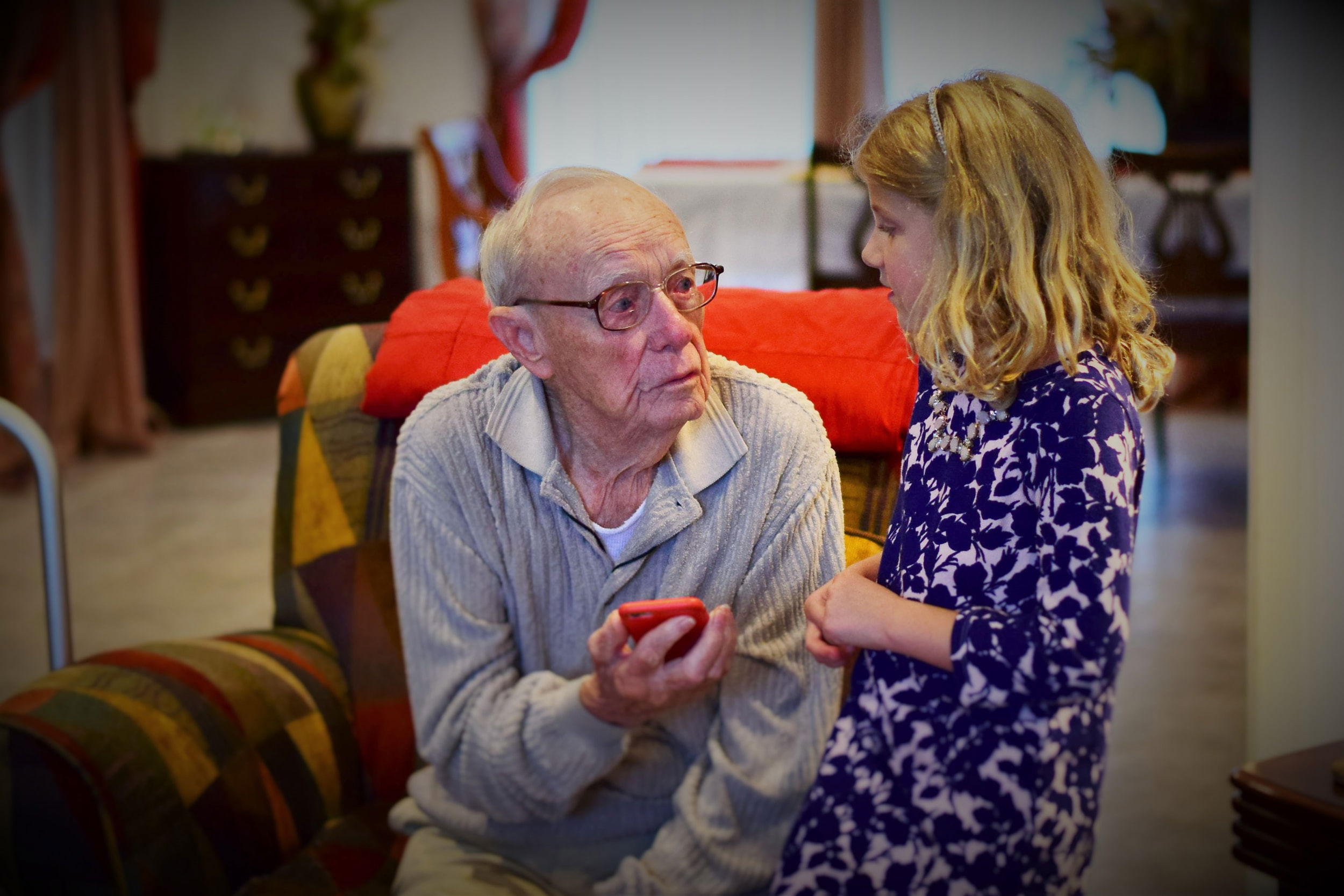21st CENTURY COMPETENCIES IN THE CURRICULUM
24Feb
Context
- The term “21st century competencies (skills)” is an encompassing term for the knowledge and skills required to be able to contribute meaningfully to society.
- Many of these have been documented over a few years but with the advent of technology and the information revolution, the knowledge society of the 21st century has required the development of conceptual and meta-cognitive knowledge and skills like knowledge construction, finding, organising and retrieving information, critical thinking and teamwork.
Consistency
- There is some convergence on a common set of 21st century competencies like collaboration, communication, ICT literacy, and social and/or cultural competencies including citizenship, creativity, critical thinking and problem solving.
- However, this consistency is largely obscured by the use of different groupings and differences in terminology
The Challenge
- Identifying the competencies is one thing but incorporating them meaningfully into the teaching and learning experiences of schooling is another matter. In many cases, the competencies are identified as integral parts of curriculum frameworks or pedagogical approaches.
- Yet the adoption and integration of these competencies in meaningful ways as part of a formal curriculum is rarely if ever evident in any systematic way.
- The potentially complex and challenging task of positioning them within an existing formal curriculum in terms of explicit teaching, assessment and learning, has not been addressed.

Shared Language
- The competencies need to be clearly defined and elaborated as part of a shared language.
- This then underpins the design of a curriculum, the language of discipline content, performance standards and assessment.
- In this way it becomes integral to the teaching process and explicit in the assessment and judgment making about student learning i.e. teachers focus on them, and students learn and develop them.
Implications
- This has implications for policymakers, school leaders, and teachers in being able to meaningfully implement 21st century competencies in the school curriculum:
- To ensure they are taught they need to be integral to curriculum review and design processes.
- To be able to measure student learning of 21st century competencies, there needs to be a better understanding of alternative forms of valid and reliable assessment.
- Teachers should be given the opportunity to develop 21st century competencies themselves and to experience how they can be brought into the classrooms.
- Consideration needs to be given to how professional learning opportunities and ongoing teacher and leadership support can be enhanced.
Comments